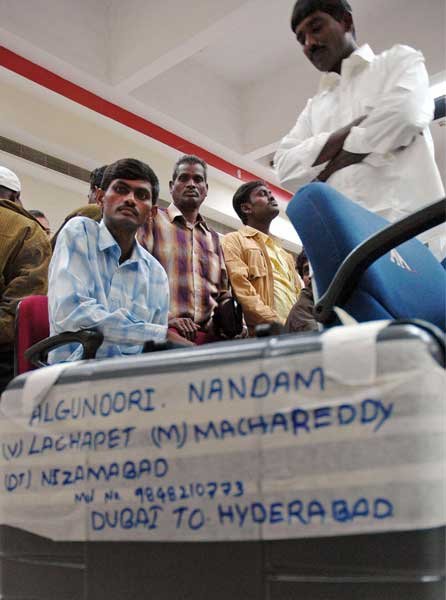
Alarming groundwater pollution in Punjab revealed by IIT Mandi researchers
Mandi/ Shimla, October 10
In a groundbreaking study, researchers from the Indian Institute of Technology Mandi have exposed a disturbing and perilous shift in groundwater quality in the state of Punjab. The research, led by Dr. Dericks Praise Shukla and PhD student Ms. Harsimranjit Kaur Romana, has unveiled the dire consequences of human-induced groundwater pollution, primarily driven by agricultural runoff.
Punjab, known as India’s “bread bowl,” has seen significant changes in its crop patterns due to the Green Revolution, resulting in intensive mono-cropping of rice and wheat. This agricultural transformation has led to rampant groundwater exploitation, with over 74% of irrigation needs being met by groundwater, especially in times of poor monsoons. As groundwater levels have plummeted, the quality of water has deteriorated, containing heavy metals and even radioactive elements, posing severe health risks to the population.
The consequences of this prolific agricultural activity are alarming. Punjab, once celebrated for its agricultural prowess, is now infamous as the “cancer capital” of India, attributing this tragic title to the dire consequences of water pollution on public health.
While previous studies have touched on groundwater quality issues in India, this IIT Mandi research offers a comprehensive, time-based, and place-based analysis of the region, filling a critical gap in understanding the issue.
Dr. D.P. Shukla, Associate Professor at IIT Mandi, explained, “Our study aimed to track changes in groundwater quality for drinking purposes from 2000 to 2020 across different locations. It also assessed ten-year trends in health hazards linked to contaminants like nitrate and fluoride while identifying regions with notably poor groundwater quality.”
The findings of this eye-opening research have been published in the journal “Environmental Science and Pollution Research.” The study involved the analysis of pH, electric conductivity (EC), and various ions at over 315 sites in Punjab. The results revealed a troubling pattern: water quality is declining in the southwestern region of Punjab, severely impacting residents’ health. Conversely, the north-eastern regions, nourished by Himalayan rivers, exhibited comparatively better water quality.
This study serves not only as a wake-up call but also as a crucial resource for policymakers. It underscores the urgent need for mitigation measures and creates awareness among residents about unsafe groundwater sources for drinking. Immediate attention from the state government is imperative to investigate and address this issue, ensuring the safety of groundwater for both drinking and irrigation purposes. These findings highlight the critical importance of safeguarding this invaluable resource and the health of Punjab’s population.
Read the full research paper here
The clock is ticking, and Punjab must act swiftly to protect its most precious resource and the well-being of its people

The HimachalScape Bureau comprises seasoned journalists from Himachal Pradesh with over 25 years of experience in leading media conglomerates such as The Times of India and United News of India. Known for their in-depth regional insights, the team brings credible, research-driven, and balanced reportage on Himachal’s socio-political and developmental landscape.










